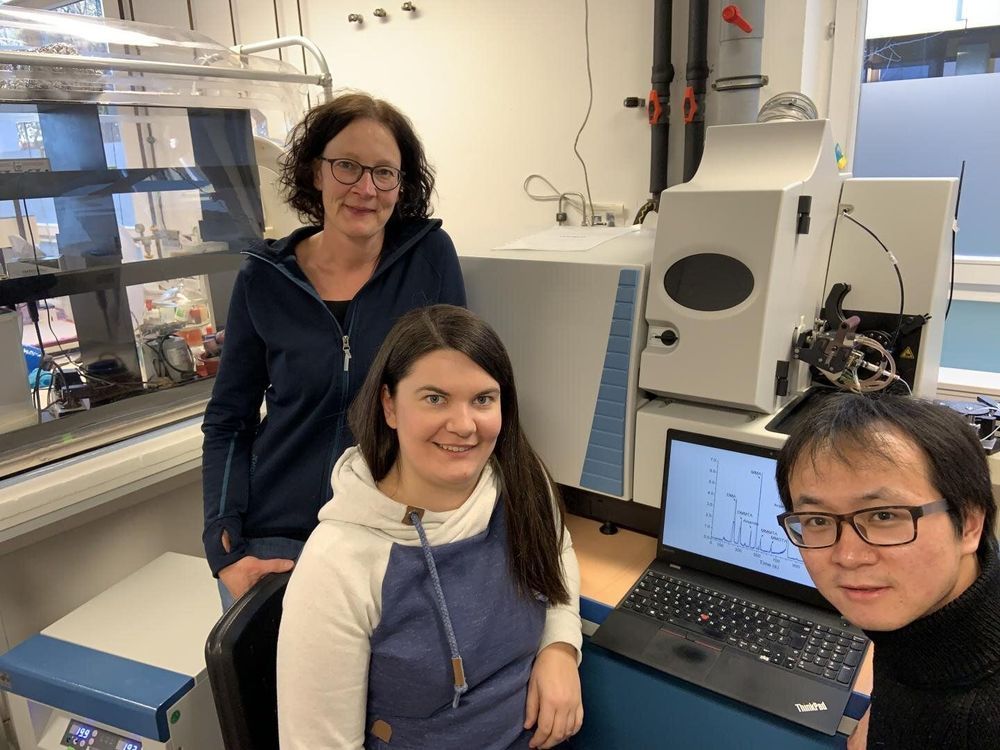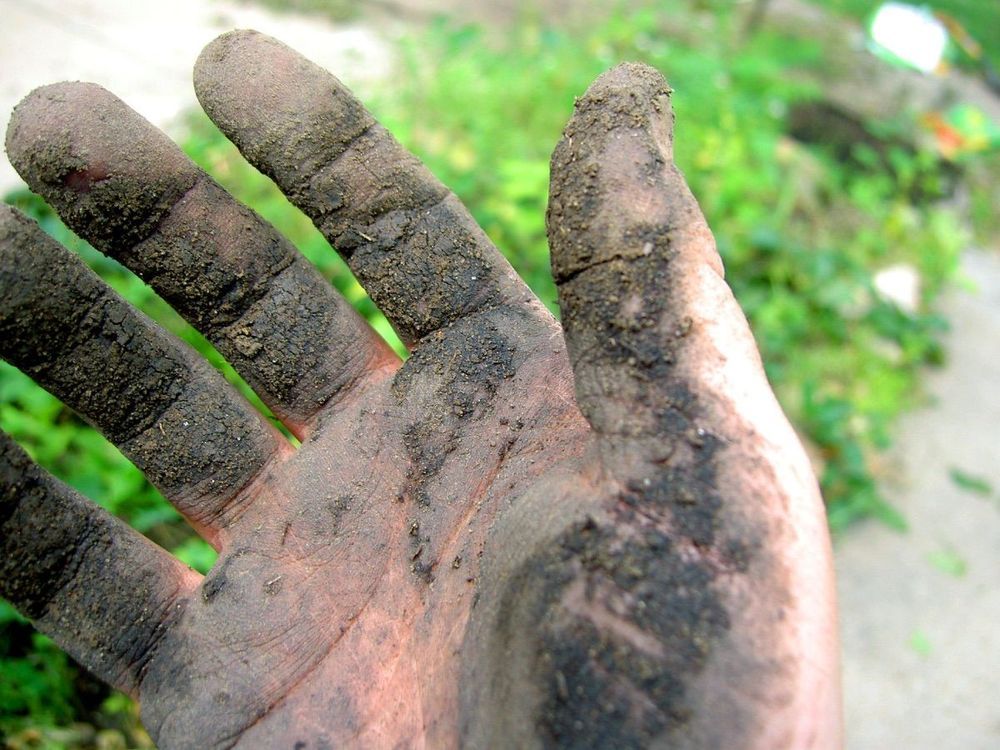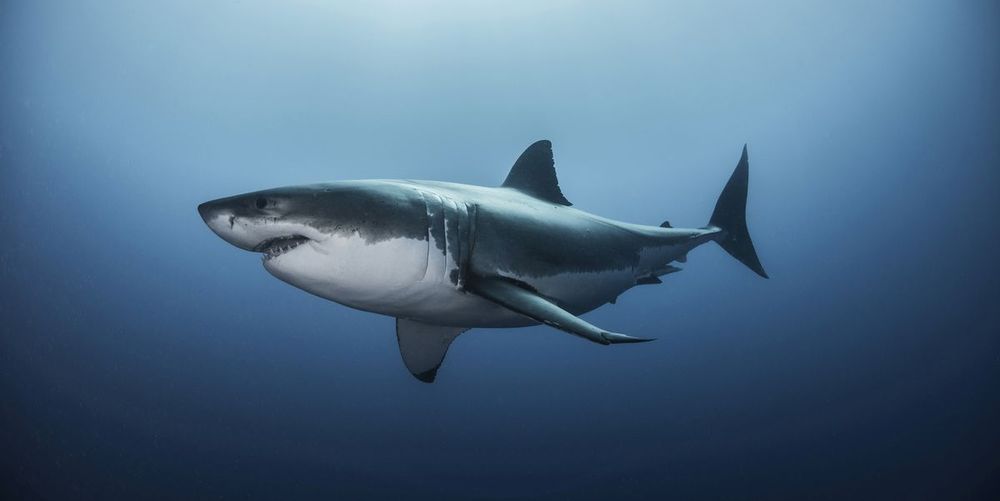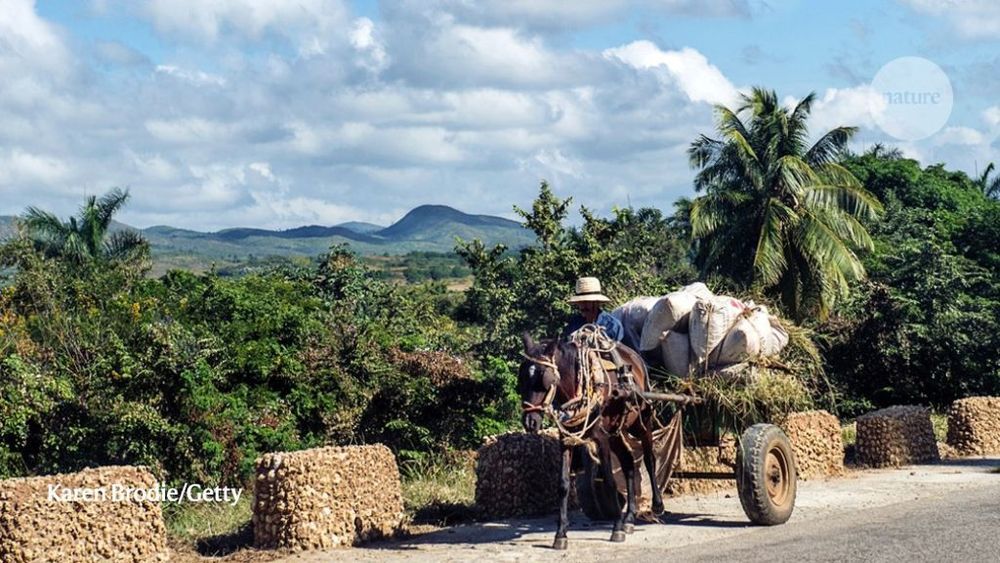Robotics technology continues to propel itself forward at an incredible rate. Robots have streamlined automated production, reducing worker injuries and manufacturing defects; in the health, sector robots perform precise, minimally invasive surgeries speeding recovery time and allowing surgeons to perform operations beyond their natural abilities. Now, robotic systems are moving past these stationary roles and finding their way into the agricultural fields around the world. These nimble, autonomous systems are poised to transform farming in an amazing way. Standing at the forefront of this inherent metamorphosis are 10 companies revolutionizing robotics in agriculture.
With a handful of awards in 2017, including being named one of the world’s most innovative robotics companies by Fast Company, Blue River Technology is redefining agriculture through their use of robotics.








